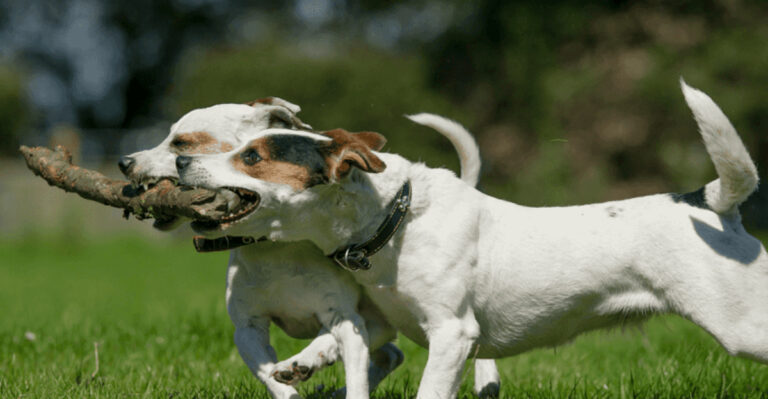17 Types Of People Who Should Avoid Dog Ownership

Dogs bring joy, companionship, and unconditional love to millions of homes worldwide. However, not everyone is cut out for the responsibility that comes with caring for a furry friend.
Before bringing a dog into your life, it’s worth considering if your lifestyle, personality, and circumstances are truly compatible with canine companionship.
1. Extreme Neat Freaks
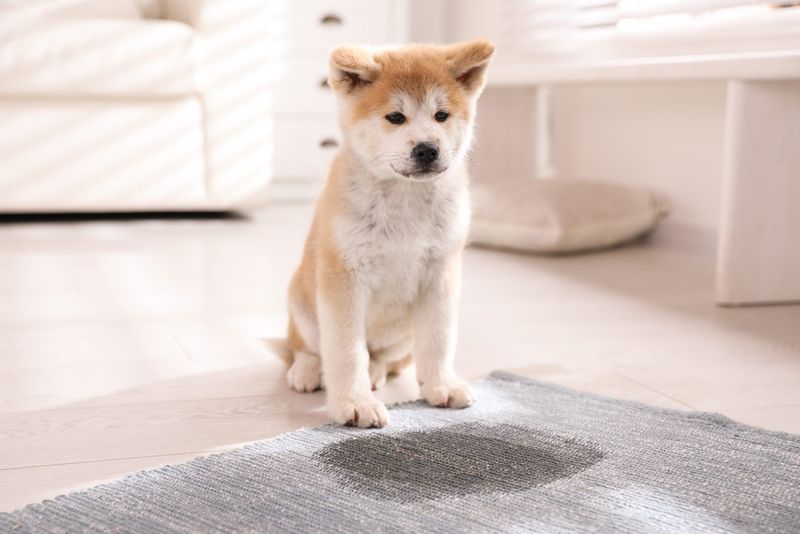
Fur on furniture, muddy paw prints, and the occasional accident are unavoidable realities of dog ownership. Even the most well-trained pup will bring some level of mess into your home.
If you panic at the sight of a single dog hair or can’t handle a bit of chaos, the daily cleanup might drive you to frustration. Dogs are wonderfully messy creatures by nature!
2. Constant Travelers
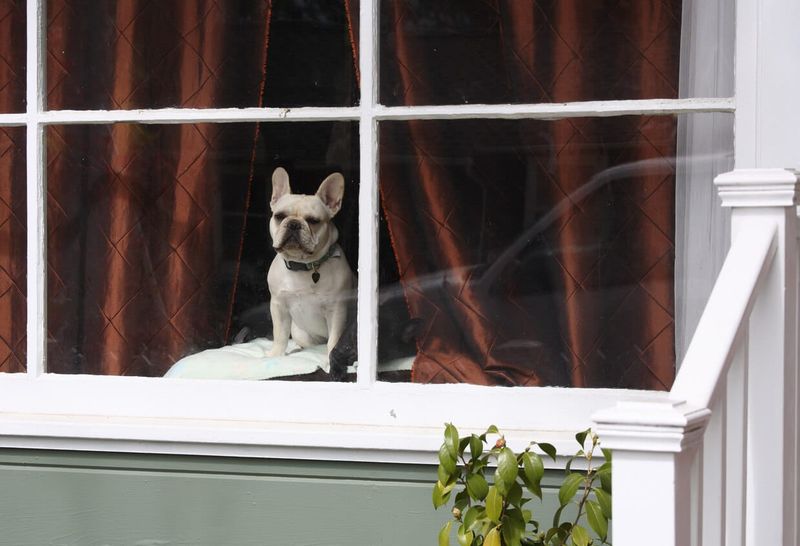
Jetting off every other weekend creates a disruptive environment for dogs who thrive on routine and consistency. Constantly arranging pet care adds significant stress and expense to your travels.
Your four-legged friend deserves more than a revolving door of pet sitters or kennel stays. Dogs form deep bonds and need stable presence in their lives to feel secure and happy.
3. Workaholics With No Boundaries
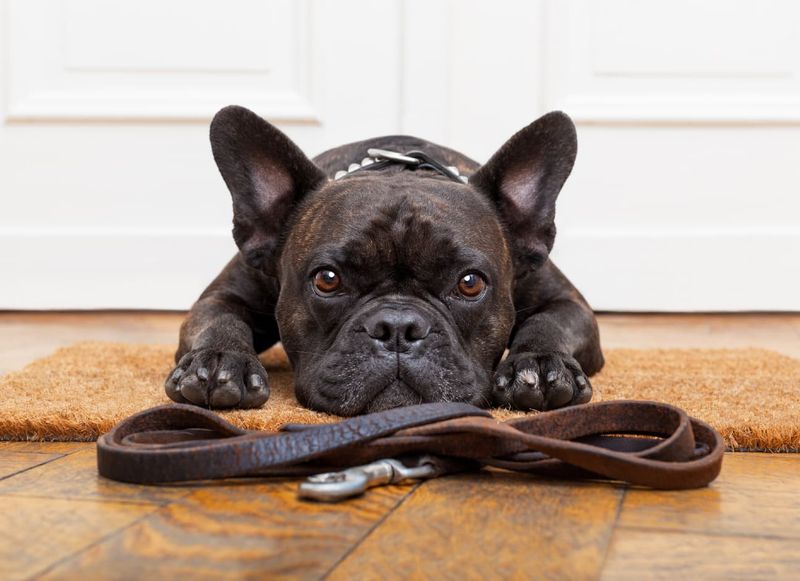
Burning the midnight oil regularly leaves little time for walks, play sessions, or basic care that dogs require. Career-obsessed individuals often underestimate how much attention a dog truly needs.
Working 12-hour days means your pup spends most of their life waiting for you to come home. Dogs are social creatures who suffer from prolonged isolation, potentially developing anxiety and behavioral problems.
4. Impatient Short-Tempered Folks

Training a dog requires endless patience through accidents, chewing phases, and learning curves. Quick-to-anger personalities create stress that dogs immediately sense and respond to negatively.
Raising your voice or showing frustration only confuses your canine companion. Dogs need calm, consistent guidance from someone who can keep their cool even when facing the fifth shredded pillow of the week.
5. Severe Allergy Sufferers

Watery eyes, sneezing fits, and hives aren’t worth the suffering, no matter how cute the pup. Even “hypoallergenic” breeds produce some dander that can trigger reactions in highly sensitive individuals.
Living with constant medication just to coexist with your pet significantly reduces quality of life. Consider alternatives like reptiles or fish that won’t leave you reaching for tissues and antihistamines every few minutes.
6. Budget-Stretched Individuals
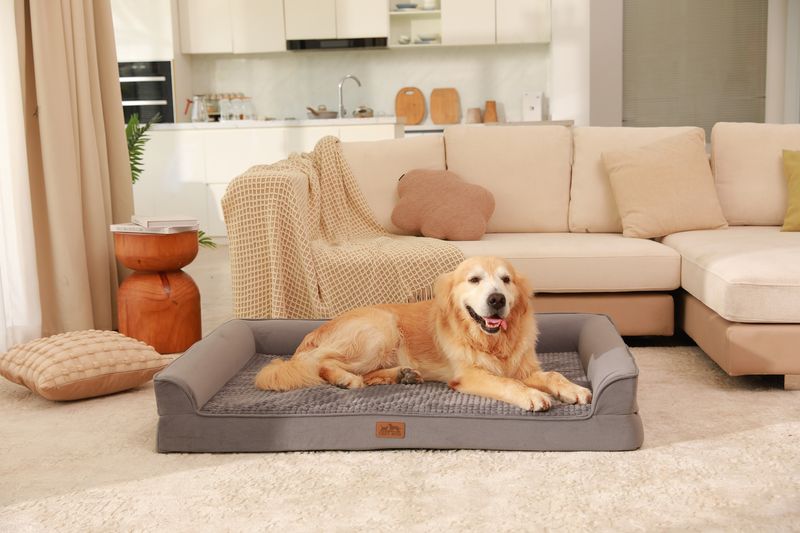
Surprise vet bills can easily run into thousands of dollars, creating impossible financial decisions for those already struggling. Beyond medical care, quality food, toys, grooming, and basic supplies add up quickly.
Financial stress isn’t fair to you or your furry friend. Dogs deserve owners who can provide necessary care without sacrificing their own financial wellbeing, especially during emergencies when quick decisions matter most.
7. Ultraminimalists
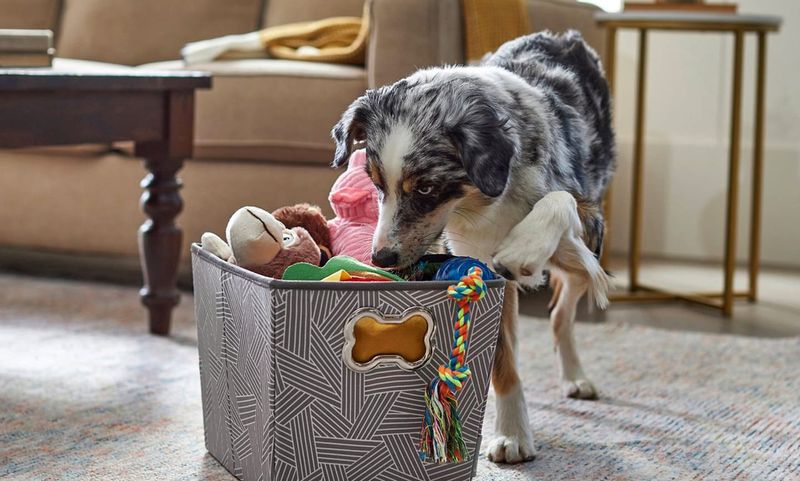
Marie Kondo enthusiasts beware – dogs come with an unavoidable collection of stuff. Beds, crates, toys, food containers, leashes, and grooming tools will fill your previously pristine space.
The clutter-free lifestyle clashes dramatically with pet parenthood. Dogs need enrichment items and comfort objects that inevitably transform your minimalist haven into something that looks decidedly lived-in, complete with tennis balls under furniture.
8. Noise-Sensitive Neighbors
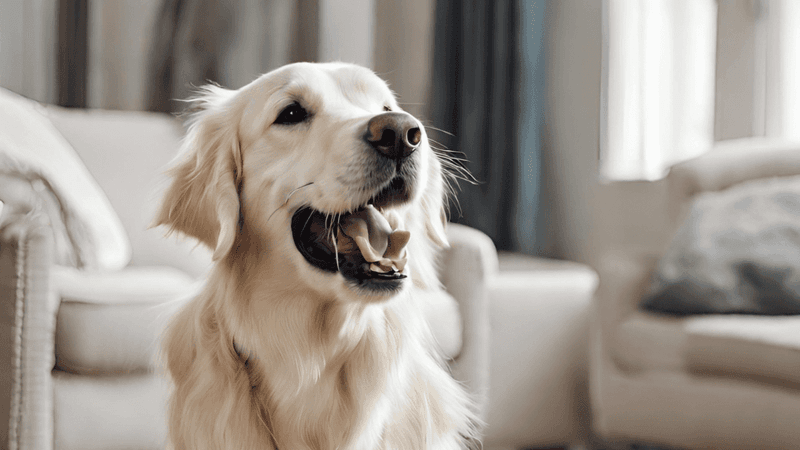
Apartment dwellers with paper-thin walls face unique challenges with barking, especially during training phases. Even well-behaved dogs occasionally vocalize, potentially creating tension with neighbors who value quiet.
Constant anxiety about noise complaints creates a stressful environment for both you and your dog. Living under pressure to keep your pet silent isn’t fair to anyone, particularly breeds naturally inclined to be more vocal.
9. Germaphobes
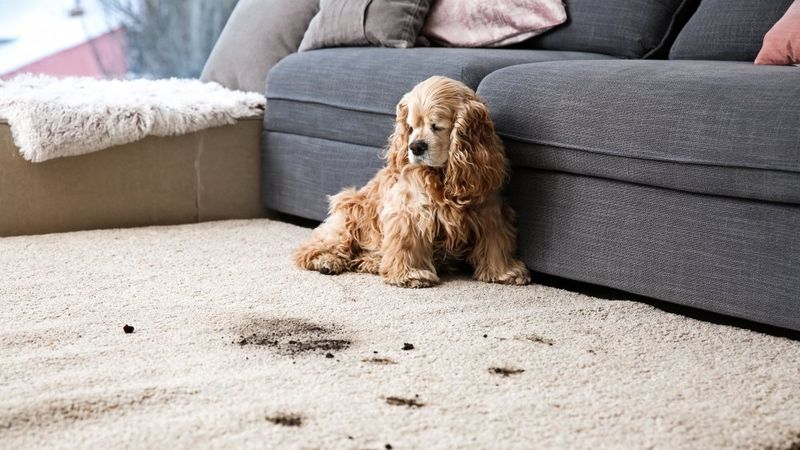
Face licks, poop pickup, and occasional sick cleanup are unavoidable aspects of dog ownership. Dogs investigate the world with their mouths and bring outdoor elements inside on their paws.
True germaphobes find themselves in constant battle against the microbes dogs naturally introduce. This creates anxiety that prevents enjoying the wonderful bond possible with canines who don’t understand human concepts of cleanliness.
10. Commitment-Phobes
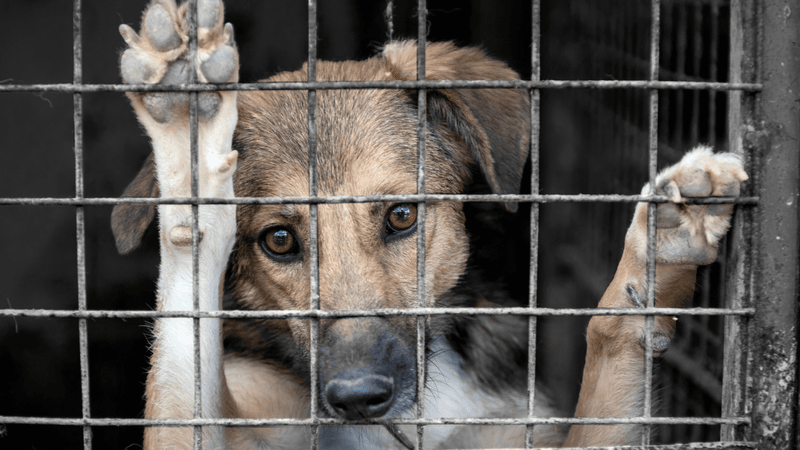
Dogs can live 10-15 years or more, requiring consistent care throughout their entire lifespan. This long-term responsibility demands planning life decisions around your pet’s needs for over a decade.
Adopting on impulse without considering future moves, career changes, or lifestyle shifts does a disservice to animals who form deep attachments. Dogs experience real grief when separated from their humans after forming bonds.
11. Couch Potatoes

Most dogs need regular exercise beyond a quick bathroom break – they require genuine physical activity to stay healthy and balanced. Sedentary lifestyles clash dramatically with the needs of energetic breeds requiring daily movement.
Without proper exercise, dogs often develop destructive behaviors from pent-up energy. Even senior or lower-energy breeds benefit from regular walks that many committed non-exercisers find difficult to provide consistently.
12. Status-Seeking Shoppers

Treating dogs as accessories rather than sentient beings leads to neglect of their emotional and physical needs. Trendy breeds often face abandonment when owners realize the reality behind the Instagram-worthy photos.
Dogs aren’t fashion statements or status symbols. Those seeking pets primarily to complement their image typically underestimate the work involved and lose interest when the novelty wears off.
13. Ultra-Busy Parents
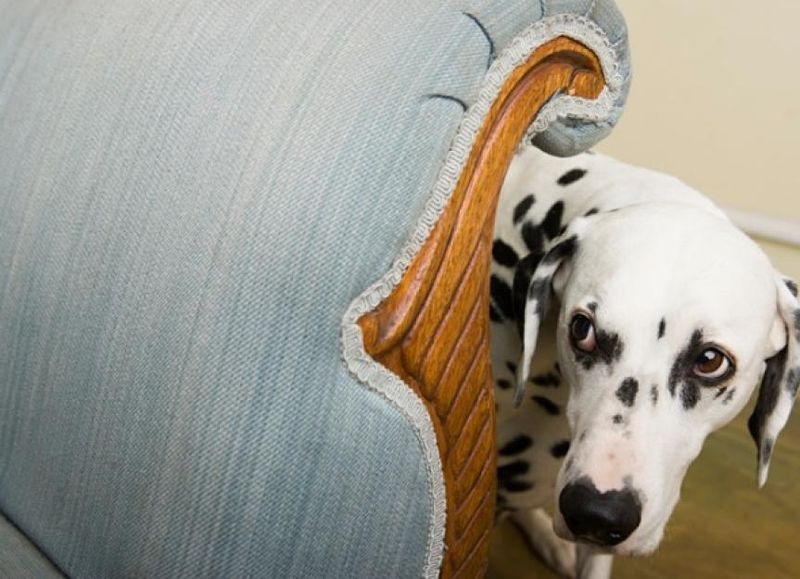
Juggling children’s schedules alongside work leaves precious little time for proper dog care. Many parents underestimate how adding a pet multiplies rather than complements existing family responsibilities.
Children often promise to handle pet duties but rarely maintain long-term commitment. This leaves already-stretched parents managing yet another dependent, potentially creating resentment toward an animal who deserves full-hearted care.
14. Perfectionists With Rigid Expectations

Dogs are wonderfully unpredictable creatures who rarely behave exactly as expected. Their individual personalities mean training produces variable results, often defying owners’ precise expectations.
Perfectionists frequently feel frustrated when their dogs don’t meet idealized standards. This creates unnecessary tension in what should be a joyful relationship. Dogs thrive with humans who appreciate their quirks rather than trying to eliminate them.
15. Chronic Health Sufferers

Daily dog care requires physical stamina that some health conditions make challenging or impossible. Walking, playing, grooming and emergency situations all demand energy reserves that chronic illness can deplete.
While service dogs help many with disabilities, general pet ownership creates different demands. Being unable to meet a dog’s basic needs due to health limitations creates guilt and potentially compromises the animal’s welfare.
16. Noise-Sensitive Individuals

Barking, whining, and nighttime noises are natural canine behaviors that can trigger anxiety in those sensitive to sound. Even quiet breeds make noise with nails clicking on floors, tags jingling, or toys squeaking.
People with sensory processing issues or those requiring silent environments for sleep or work find these unavoidable sounds particularly challenging. The constant auditory stimulation can create significant stress for those with sound sensitivities.
17. Career Nomads

Frequently changing jobs that require relocation creates instability dogs struggle to adapt to. Finding pet-friendly housing in new cities adds significant stress and limitation to housing options.
International moves present particular challenges with quarantine regulations and travel restrictions. Dogs thrive with environmental consistency rather than constantly adapting to new homes, neighborhoods, and routines every year or two.





